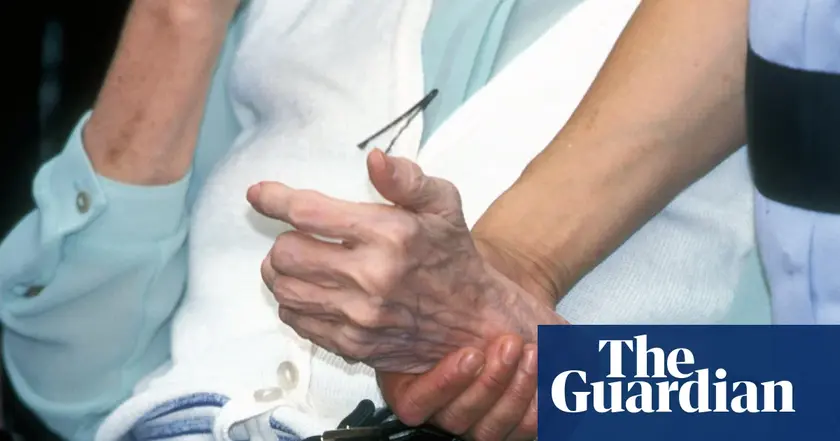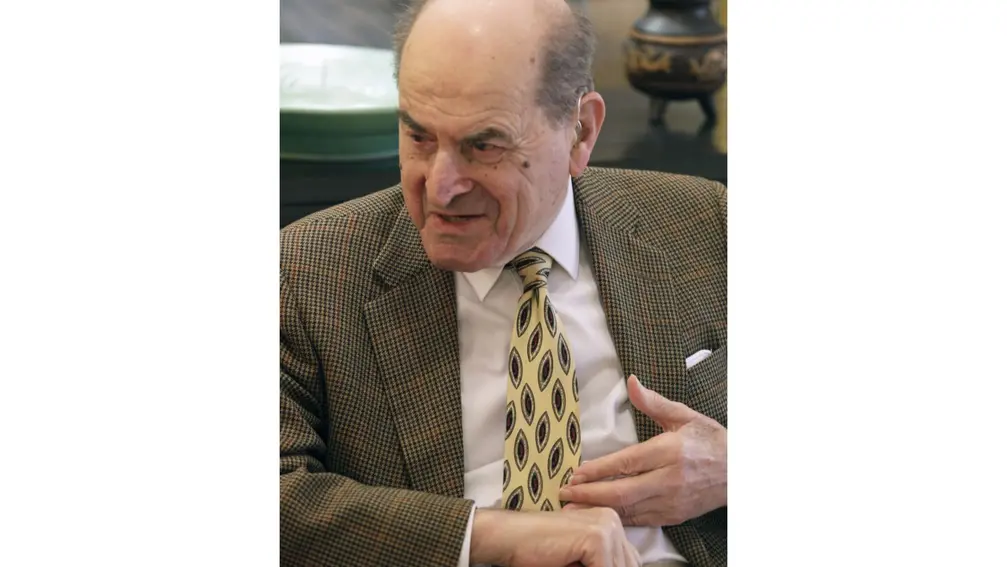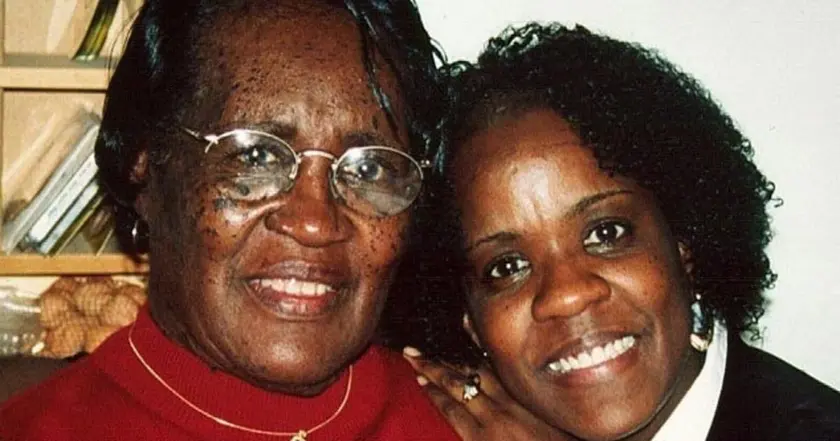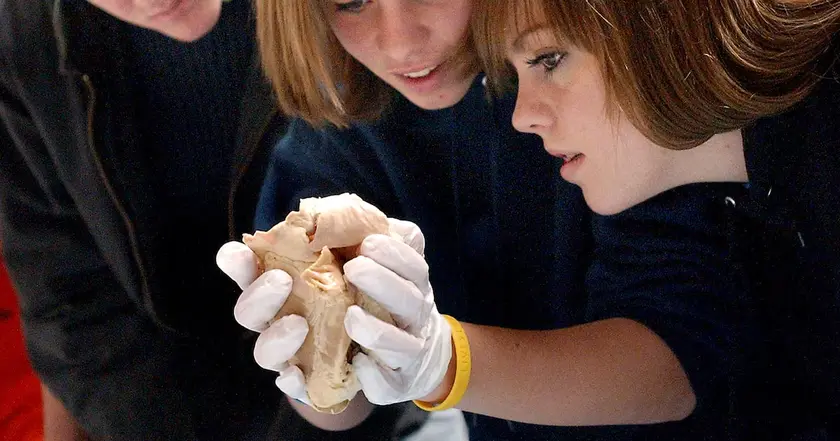T4K3.news
New effort to include older people in medical research
UK health funders and charities call for age-inclusive trials as part of a ten year plan to accelerate research

Charities warn that age cutoffs exclude seniors from trials, risking less effective treatments for a growing patient group.
UK Excludes Older People From Medical Research
More than 40 charities and major funders say people over 75 are routinely kept out of health research because of strict age limits. They point to concerns about frailty, doubts that age might affect a drug or device, and the burden of frequent testing visits. Dementia research is cited as a stark example, with only about one in ten people with the disease invited to participate.
Government and funders say the gaps are scientific and ethical problems. The National Institute for Health Research, Cancer Research UK, the British Heart Foundation and the Medical Research Council urge trials to adapt so older adults can join, through design changes and better accessibility. Health Minister Karin Smyth notes the priority of including older people as part of a ten year health plan to turbocharge research and clinical trials, including a UK wide recruitment drive.
Key Takeaways
"We should not assume that treatments that work in healthy, younger people will have the same effect in older adults."
Comment by Chris Whitty on inclusion in research
"If we want tomorrow’s treatments to work for everyone today, older people must be part of the research that creates them."
Policy stance from Karin Smyth
"Older adults are frequently left out of research that directly affects their care."
Charlie's paraphrase of concerns raised by researchers
"These exclusions are rarely justified and fail to align with the principles of equity and scientific excellence."
Joint charities statement on ethical standards
The debate centers on balancing speed and rigor with equity. Excluding older adults can bias results and make care less effective for the people who need it most. Trials that rely on younger, healthier volunteers risk producing evidence that does not match real world patients who have multiple health conditions. Yet expanding eligibility requires resources, new protocols, and flexible sites. The solution is to redesign trials to accommodate frailty, provide remote or local testing, and use real world data alongside traditional methods. If research becomes more inclusive, the NHS and researchers could gain more reliable guidance for aging populations.
Highlights
- Research should reflect the people it serves not just the volunteers
- Equity in science is essential for real world impact
- Treatments cannot assume younger bodies respond the same
- Inclusion today saves lives tomorrow
Political and budget implications risk
The push to make research more inclusive could trigger political debate over funding and implementation. Public reactions and budget priorities may resist rapid changes to trial designs and oversight.
Inclusive research is more than a policy goal; it is a practical obligation to align science with the people it serves.
Enjoyed this? Let your friends know!
Related News

Young Americans face higher rectal cancer risk

Elderly choking devices face scrutiny

Major trial finds lifestyle changes can slow cognitive decline

New heart age calculator launched by Northwestern University

Israeli Forces Face Allegations of War Crimes

Exploring GLP-1 medications and their implications

Colorectal cancer screenings expand as cases rise

New study reveals lithium's potential role in Alzheimer's prevention
